36,Chitrakut Twins, Vastrapur, Ahmedabad Gujarat 380015
The Earth Beneath Her Feet: Bamanyaben’s Fight for Her Future
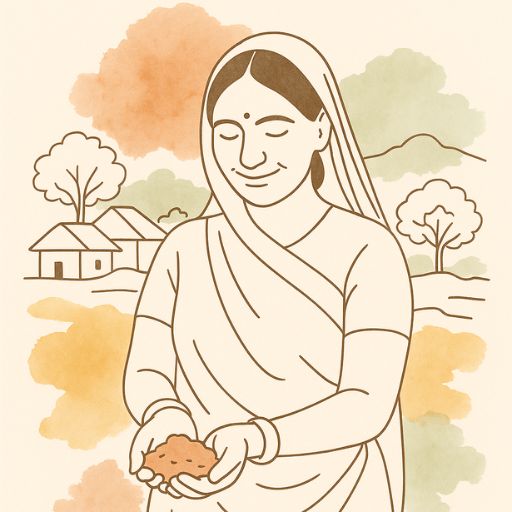
The Earth Beneath Her Feet: Bamanyaben’s Fight for Her Future
The path from Mahunala village to Dahod town is dusty and long. It winds past fields where the rain decides who eats and who goes hungry. Bamanyaben Sardarbhai knew that path well—she had walked it for much of her life with her head down. Her world was small: a one-acre plot, a leaking roof, two children, and a husband whose words could turn sharp when the bottle emptied. Like many women around her, Bamanyaben bore the weight of poverty and patriarchy in silence. Until she couldn’t anymore. She began volunteering with women’s groups supported by Utthan—quietly at first, helping arrange chairs and passing messages. But something in her shifted each time she saw a woman speak up or claim her right to a government scheme. The meetings felt like windows cracking open. When the offer came to train as a Krushi Sakhi—to lead other women farmers in sustainable agriculture—she didn’t hesitate. Her hands already knew the soil. Now her voice began to find strength.
But not everyone welcomed the change. At home, her husband’s anger grew. He forbade her from going to meetings, called her names, and threatened her. Still, she went. She had tasted something she could not forget: dignity. Then came the day she will never forget. It was the second day of training on eco-friendly farming methods in Dahod town. She was sitting with other women, learning about Jivamrut and seed preservation when he barged in—drunk, furious. He dragged her out. She didn’t resist. She didn’t cry. On the ride back to their village, on his motorcycle, they crashed. The road was rough. The fall was brutal. Both were injured badly. Her body ached. Her savings disappeared— rupees 80,000 for hospital bills. For weeks, she lay still. But her mind moved. She remembered the women. The soil. The dream. And when she could walk again, she went back.
Today, Bamanyaben moves from farm to farm, speaking with confidence and training others like her in climate-resilient farming. Her home, once quiet with fear, now echoes with questions and conversations. Women come to her for advice—not just about crops, but about courage. She still lives on one acre of land. Her family still depends on the monsoon. But something fundamental has changed. She stands taller. She speaks louder. And the earth beneath her feet, like her future, is no longer shaky. Bamanyaben’s story is not just about surviving violence. It is about returning to the field, again and again, with open hands and an unshaken will. It is about planting the seeds of change—even when the ground is hard.
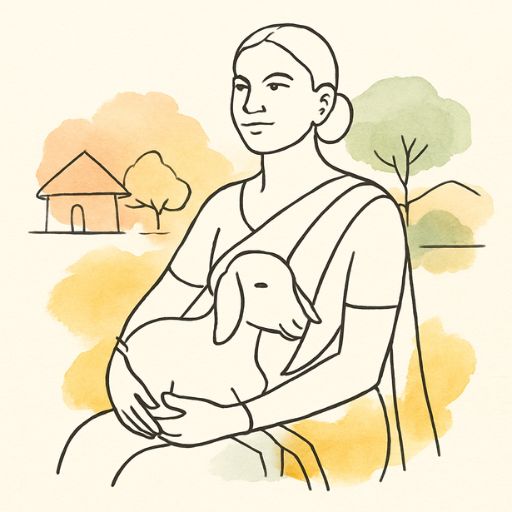
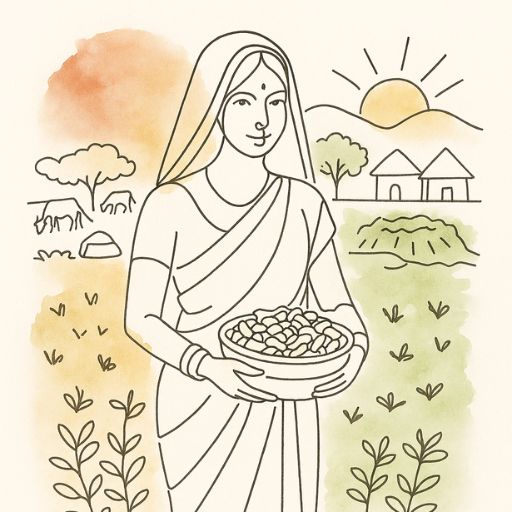
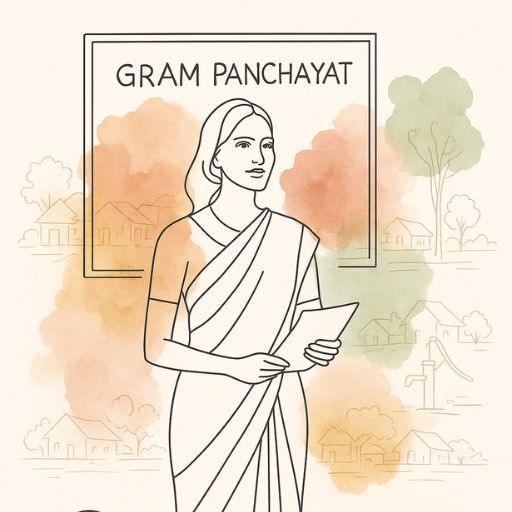
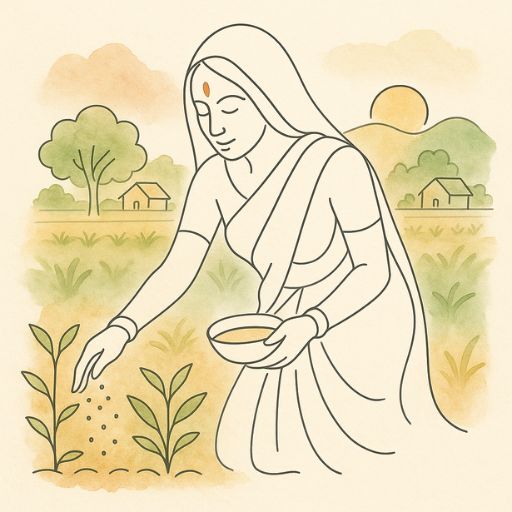
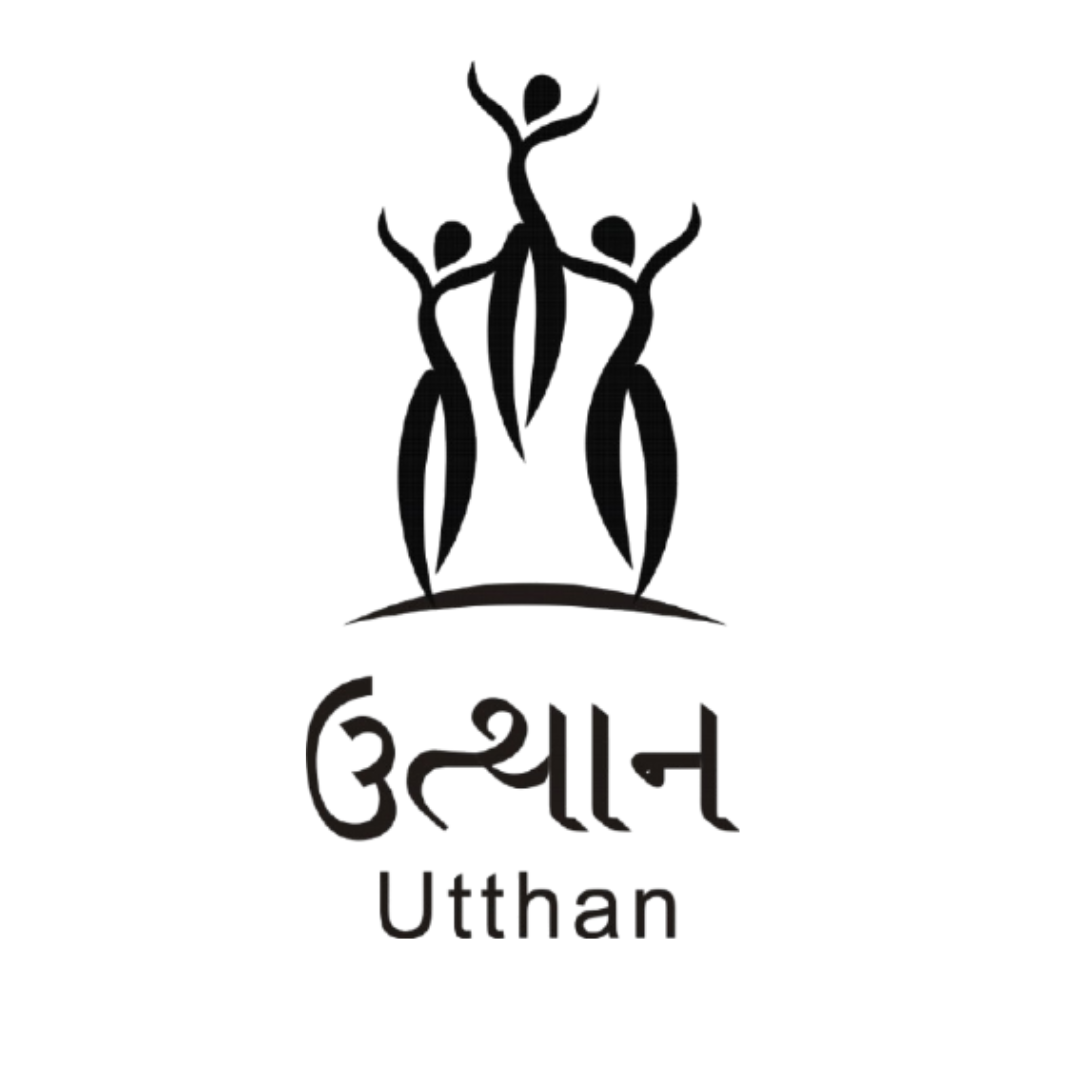
0 Comments